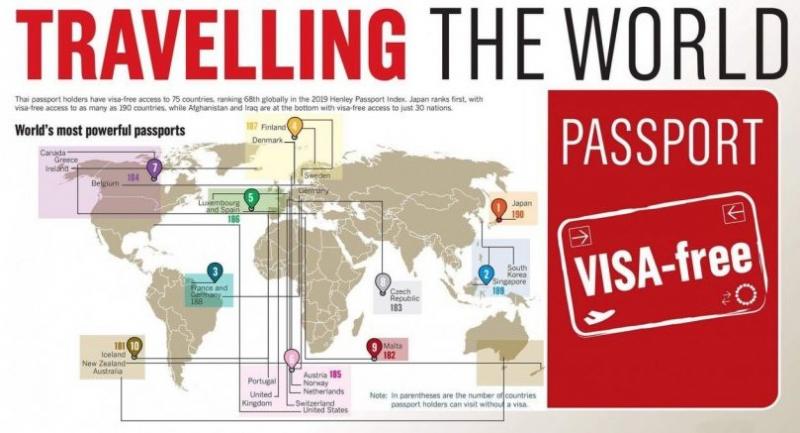
Just days ago, Thai government spokesmen stated that the visa-exempt category was being re-introduced to encourage more tourists to visit Thailand. This provision allows foreigners from 56 countries (including UK, most of Europe, US and Australia) to enter Thailand by air without a visa for 30 days with an additional 45 days extension to compensate for the initial fortnight which must be spent in a Thai quarantine hotel or other registered venue such as a golf course. Incidentally, certain Latin American countries separately have a 90 days initial entry provision to Thailand thanks to long-standing bilateral agreements.
The lack of detail caused many social media users to believe that wannabe visitors from visa-exempt countries had no need to obtain clearance from the local Thai embassy and could simply hop aboard the next plane. Thanks to the website of the Royal Thai Consulate General, Los Angeles, we now know that the optimists were very wrong. The actual requirements are:
Adequate cash defined as a minimum of 20,000 baht per individual or 40,000 baht per family: i.e. an overseas bank balance with the equivalent amount.
Covid-19 specific medical insurance worth a minimum of US$100,000 for the duration of the stay.
Confirmation of Alternative State Quarantine directly from the hotel (and not through Booking.com).
A copy of the round trip confirmation by air.
Fit to fly health certificate and Covid-19 test issued not more than 72 hours before departure.
The certificate of entry issued by the local Thai embassy.

Because the bureaucracy is similar to all other categories of entry to Thailand, together with compulsory self-paid quarantine, it is unlikely that many short-term visitors will apply through this route, especially as the Ministry of Foreign Affairs has clarified that the visa-exempt entry cannot be transferred in Thailand to any other visa category. A more attractive alternative to many will be the 60 days tourist visa which can be extended a further 45 days post quarantine. Whether this visa can be used when in Thailand to transfer to another visa category is unclear. But several embassies are requiring to see a round-trip air travel confirmation.
Meanwhile, all Thai embassies are now requiring applicants abroad for the non-O visa (based on retirement) to fall into line with those wanting the O/A (one year) and O/X (ten years) visas to provide a general medical insurance policy of at least 400,000 baht (inpatient) and 40,000 baht (outpatient) additionally to the US$100,000 Covid-19 insurance. This will disappoint many retirees who believed that the non-O was protected against general medical insurance in all circumstances.
It is not even clear that holders of the one year extension of stay, based on non-O, will be exempt from the general medical insurance if they leave Thailand and have a valid re-entry permit on returning. They must, of course, apply at their local Thai embassy for the certificate of entry. Several Thai embassies – Ankara and Washington DC for example – appear to be stating that they will need the 400,000/40,000 baht general insurance on top of Covid-19 cover whether or not they have a re-entry permit. On the other hand, the Thai embassy in London seems to state that only Covid-19 insurance is necessary if a valid re-entry permit, based on a non-O visa, is in play.
It is still not necessary for retirees to provide general medical insurance as they renew their extensions at Thai immigration based on non-O or non-B, although they must do so if based on O/A. However, it is currently ambiguous whether they can return, with or without a re-entry permit, unless they hold both sets of insurance documents. Retirees aged over 70, and particularly over 75, find general medical cover near-impossible to obtain from the designated Thai companies, although Covid-19 insurance is easy to access up to the age of 99.
Many immigration gurus believe that the Thai government has produced so many visa options in recent months, often with overlapping jurisdictions, that some confusion is inevitable. That may well be true, but the time is fast approaching when the status of retiree expats needs proper analysis. Already many are looking at alternative long-term visas, such as Elite or ownership of property or family, which do not carry the double-whammy of two insurances. Or looking for a new country.





